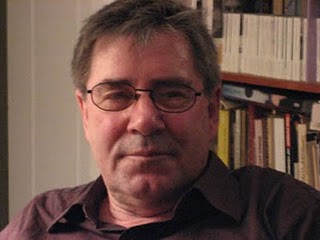post-isolationist New Zealander

- -
BERNSTEIN:
Now you have been interested in network connections trans-national or global, to some degree that was so commonplace as a way of understanding the visual arts. So, going back to my original question of location, thinking of New Zealand as one point in this global set of crossing points and so on, where do you locate your self on the globe in that respect? What are some of the currents, visual and verbal, that go through you, where you are?
CURNOW:
Well, first of all, I mean, let’s go back one step, and I sense that, I think that one reaction to going back to England or attachment to home was the idea of establishing something unique and of a particular place. So there was a type of isolationist, or a discovery of a New Zealand identity, a New Zealand literature.
BERNSTEIN:
Which would also be marked by features of the place itself.
CURNOW:
That’s right.
BERNSTEIN:
The boundedness by water, the particular fauna and flora.
CURNOW:
And the way in which as society developed, it grew out of those things in particular, rather than things that were elsewhere. That’s in some way a resistance to the global, a resistance to networks. Essentially, I’m of a generation that is more impressed with the limitations and the delusions of such a strategy, and wishes to expand the networks and make more of them. I think as you yourself indicated that somewhere in the 1970s, a considerable change occurred in terms of the influence particularly of American culture in New Zealand, but just at the popular culture level, but in the arts and in poetry.
But one of the things I wanted to say about the network thing is that whatever other sources you are talking about, one looks at sources in a different way than has occurred in the past. It’s a matter of relationships, and the negotiation of spaces between rather than a here and a there.
So networkers, in my view, understood that way.
BERNSTEIN:
I’m of course thinking of the particular show that you did of maps and the kind of global networking show. I wanted to ask you that question as you know, but—
CURNOW:
I mean for me, the border network began with the States. Then it’s extended to Europe, I would say, in the 1980s. Europe was a discovery for me. I’d never been there before.